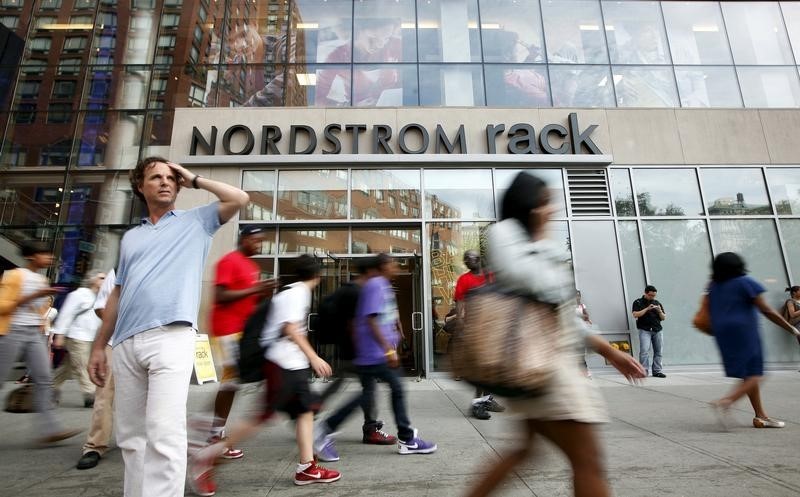Stock Story -
What Happened?
Shares of luxury department store chain Nordstrom (NYSE:JWN) fell 11.2% in the morning session after the company reported third-quarter earnings and provided cautious commentary ahead of the holiday season after observing a decline in sales trends towards the end of October. Elevated inventory levels were an issue, particularly in seasonal categories like boots, sweaters, and outerwear, where demand lagged in certain regions.There were also signs that profit might be under pressure as shrinkage (loss of inventory that occurs between the point of manufacture or acquisition and the point of sale) remained elevated. As a result, management struck a cautious tone when guiding for the fourth quarter.
While the quarter itself was solid, with sales and earnings surpassing expectations, markets tend to focus on forward-looking indicators of growth and profitability. In this context, the overall results presented a mixed picture, revealing more weaknesses than strengths.
The stock market overreacts to news, and big price drops can present good opportunities to buy high-quality stocks. Is now the time to buy Nordstrom? Find out by reading the original article on StockStory, it’s free.
What The Market Is Telling Us
Nordstrom’s shares are quite volatile and have had 16 moves greater than 5% over the last year. But moves this big are rare even for Nordstrom and indicate this news significantly impacted the market’s perception of the business.The biggest move we wrote about over the last year was 9 months ago when the stock dropped 14.8% on the news that the company reported weak fourth-quarter results and provided a full-year earnings forecast that missed analysts' expectations. Full-year revenue guidance was also underwhelming, with sales growth expected in the range of a decline of 2% to an increase of 1%.
In addition, the top line growth was weak, with revenue up 2.3% year on year. Management noted, "We continue to see a cautious consumer that is mindful of discretionary purchases in light of inflation, higher interest rates, and the resumption of student loan payments."
On the other hand, revenue, gross margin, and adjusted EPS outperformed Wall Street's estimates during the quarter. Overall, it was a mixed but weaker quarter for the company.
Nordstrom is up 20.6% since the beginning of the year, but at $22.01 per share, it is still trading 11.6% below its 52-week high of $24.90 from November 2024. Investors who bought $1,000 worth of Nordstrom’s shares 5 years ago would now be looking at an investment worth $574.37.
